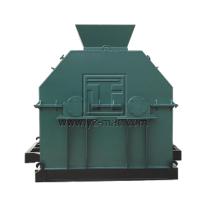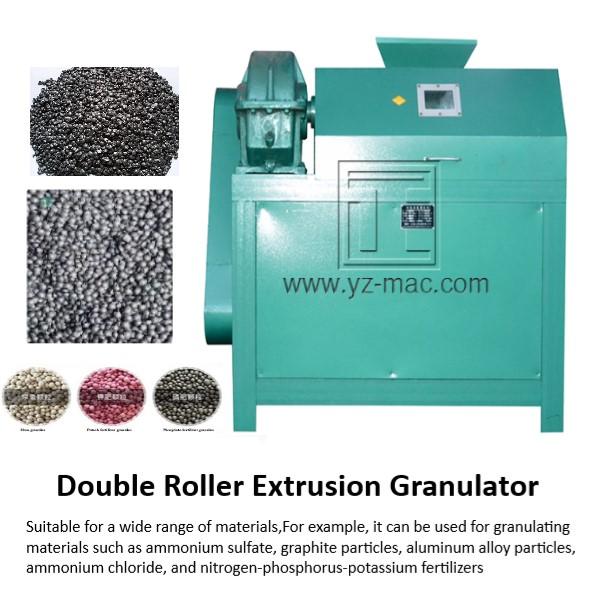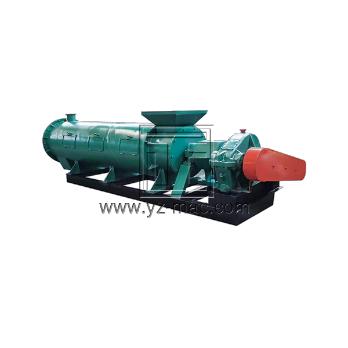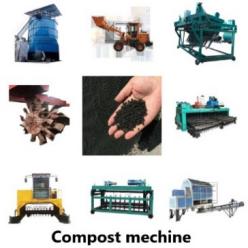Biaxial fertilizer chain mill
A biaxial fertilizer chain mill is a type of grinding machine that is used to break down organic materials into smaller particles for use in fertilizer production. This type of mill consists of two chains with rotating blades or hammers that are mounted on a horizontal axis. The chains rotate in opposite directions, which helps to achieve a more uniform grind and reduce the risk of clogging.
The mill works by feeding organic materials into the hopper, where they are then fed into the grinding chamber. Once inside the grinding chamber, the materials are subjected to the rotating chains with blades or hammers, which cut and shred the materials into smaller particles. The biaxial design of the mill ensures that the materials are ground uniformly and prevents clogging of the machine.
One of the main advantages of using a biaxial fertilizer chain mill is its ability to handle a wide range of organic materials, including fibrous materials and tough plant matter. It is also relatively easy to operate and maintain, and can be adjusted to produce particles of varying sizes.
However, there are also some disadvantages to using a biaxial fertilizer chain mill. For example, it may be more expensive than other types of mills, and may require more maintenance due to its complex design. Additionally, it may be noisy and may require a significant amount of power to operate.








